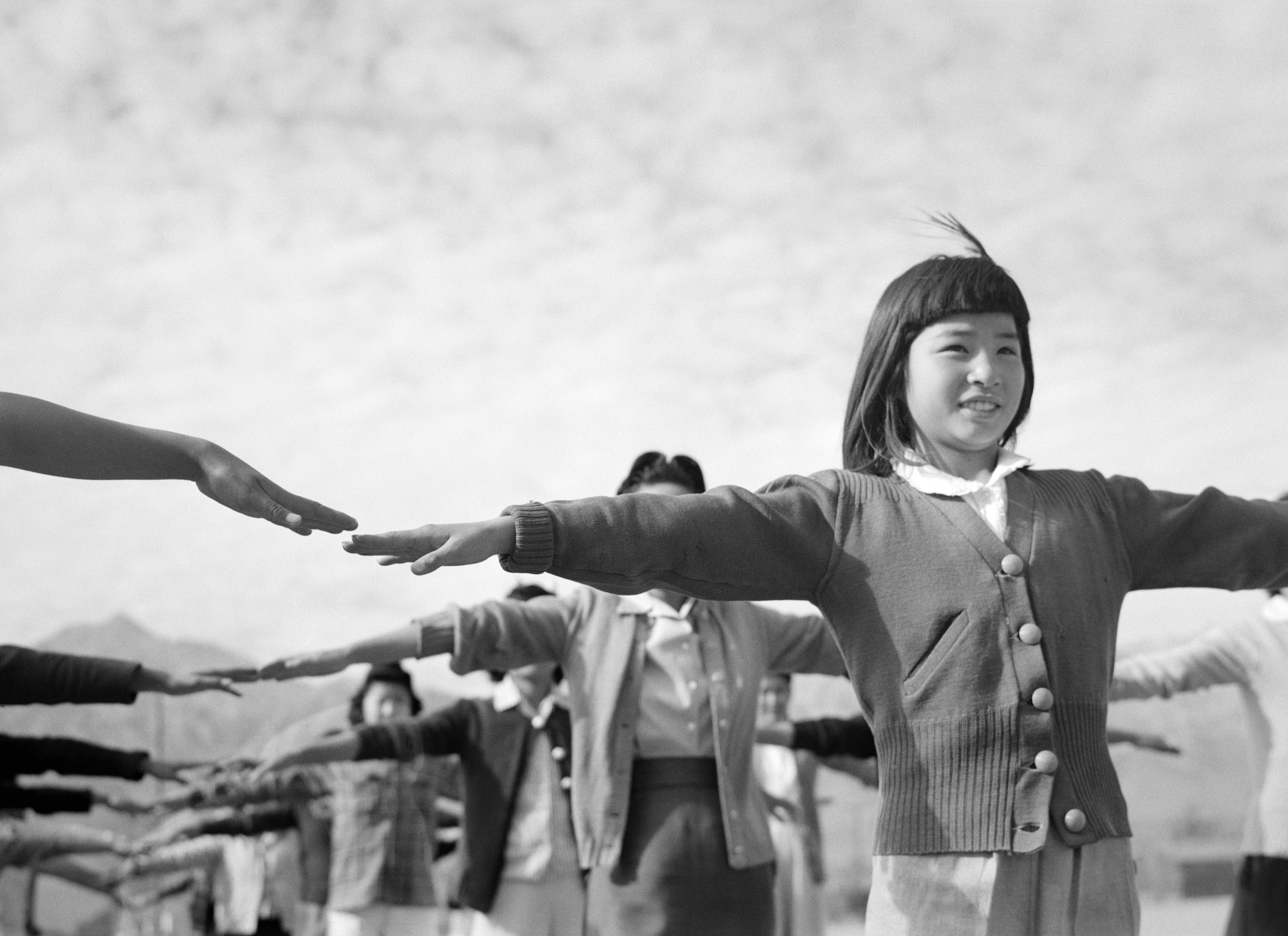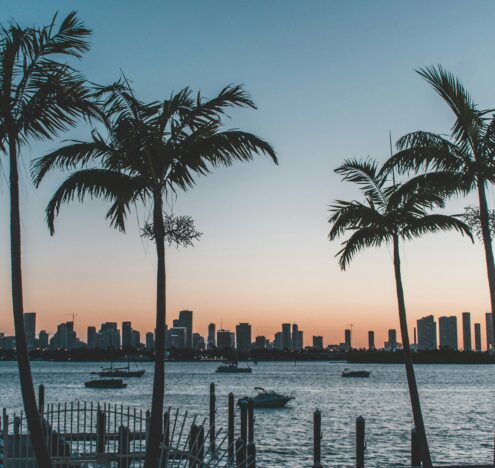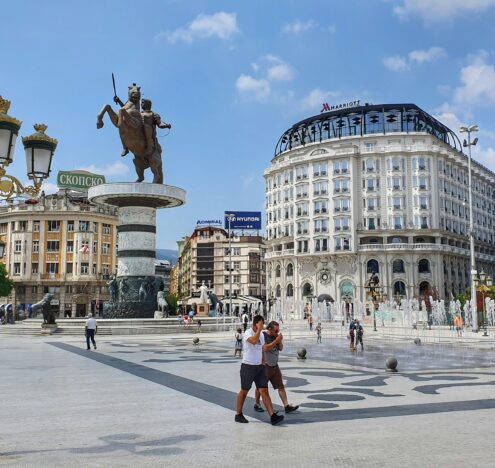This analysis was featured in Critical State, a weekly newsletter from Inkstick Media and The World. Subscribe here.
In past weeks, Critical State looked into research on how conflict affects the future political behavior of combatants. Combatants, however, aren’t the only people who experience conflict — they’re not even the majority. For the next two weeks, Critical State takes a deep dive into new research on how the scars conflict leaves on regular civilians express themselves in post-conflict politics.
During World War II, the US forced some 120,000 Japanese Americans into concentration camps for the duration of the war. The government justified its policy with the absurd claim that people of Japanese ancestry would be somehow congenitally incapable of not acting as spies for Imperial Japan. As is so often the case with byzantine justifications provided for racist policies, that justification hid a much simpler reason for internment: The architects of the program hated Japanese people. At a time when the US war effort relied on racist depictions of Japanese people to rally domestic support for the war, the Roosevelt administration was happy to let the people who dreamed up Japanese internment to go ahead with their plans.
A new working paper from political scientists Mayya Komisarchik, Maya Sen, and Yamil Velez aims to measure how long the effects of their efforts persisted after the war ended. If the purpose of Japanese internment was to drive Japanese Americans from American public life, did the program succeed? And, more broadly, how long do effects linger when a state decides to target a particular minority group during wartime?
When the state singles out particular populations for violence, the effects of that violence linger far after the state sheathes its sword.
To get at those questions, Komisarchik et al. measured how people who experienced internment — and different levels of mistreatment while interned — engaged with politics in the years after the war. The researchers pulled data from a survey of Japanese Americans conducted between 1962 and 1968, when many who had been interned were still alive and might have been politically active. The survey asked respondents both where they lived during the war (which, for those who had been interned, let researchers differentiate between the camps the respondents had been confined in) and whether their immediate family had been interned during the war. It also measured how interested respondents were in politics, how often family members turned to them for political advice, and how much faith they had in the federal government.
The topline result of their analysis is dramatic. Japanese Americans who were interned were significantly less likely to report interest in politics, even two decades after World War II, than those who were not interned and had no family members who were. Furthermore, for Japanese Americans who were not interned but did have family members sent to the camps, the depressing effect on political interest was even stronger. That is, in one sense, the racist project of Japanese internment succeeded: Japanese Americans who experienced it in their families were less engaged with American politics for long after they were released.
Delving further into the data, Komisarchik et al. found that experience during internment had a causal effect on future political beliefs. Not only were longer internments associated with stronger depressive effects on interest in politics, even through generations, but traumas experienced in the camps also lived on in the data. People who lived in camps where physical violence was common had both less interest in politics and less faith in government than even people who were interned in less volatile situations. Their children reported the same, even if the younger respondents had not been in the camps themselves.
The study highlights both the durability of conflict traumas and the effectiveness of state racism. When the state singles out particular populations for violence, the effects of that violence linger far after the state sheathes its sword. The idea that incidents of state violence can be hand-waved away as ancient history does not, as Komisarchik et al. demonstrate, stand up to close scrutiny. Instead, if state racism is not nipped in the bud, its effects can be long-lasting and costly to overcome.





















